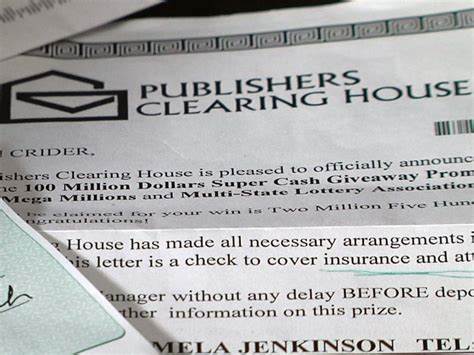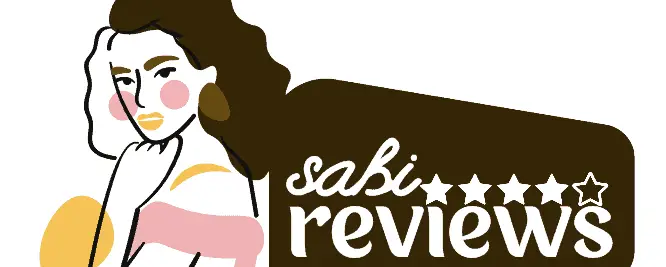Publishers Clearing House Scam Busted: Red Flags That Scream Avoid!
Are you familiar with Publishers Clearing House and those tempting prize offers? Well, hold onto your hats because we’re diving into the world of Publishers Clearing House scams! What’s the deal with these scams, and how can you spot them before they spot you?

What Is The Publishers Clearing House Scam
Publishers Clearing House (PCH) itself is a legitimate company that’s been around since 1967. They’re known for marketing merchandise and magazine subscriptions and have even given away over half a billion dollars in prizes. However, there’s a twist. While PCH is legit, there are scam artists out there using PCH’s name to trick people.
How The Scam Works
So, these Publishers Clearing House scams are a kind of sweepstakes scam. The bad folks pretend to be from PCH and claim you’ve won something fantastic. Sounds exciting, right? But here’s the catch.
It’s all a trick to make you either send them money (or gift cards) or spill the beans on your personal info. They do this over the phone, through emails, or even text messages. You get a message saying, “Hey, you’ve just won a huge prize!” They might even throw in things like cash, a car, or a fancy vacation to sweeten the deal.
But here’s where it gets sneaky. They’ll tell you that, to get your prize, you’ve gotta pay some taxes, fees, or shipping costs. And guess what they want you to use for payment? Gift cards, like the ones from Amazon or eBay. Why? Because it’s like sending cash, but they can vanish without a trace.
They’ll ask for the PIN on the back of those gift cards, either over the phone or by email. Once they have that PIN, it’s a quick grab for your money. You pay, they disappear, and guess what? No prize for you.
Red Flags To Watch Out For
When it comes to spotting a PCH scam, there are some clear signs to watch out for. First off, here’s a big one: the real Publishers Clearing House never asks winners to pay anything. So, if someone tells you that you need to cough up some cash to claim your prize, you’re most likely dealing with a scam.
But it doesn’t stop there. Even if they don’t ask for upfront payments, there are other red flags to be aware of:
- You get a notice saying you’ve won a prize worth over $10,000. Here’s the deal, PCH always surprises big winners in person with their famous Prize Patrol. No advance warnings. Smaller prizes are sent by certified mail. If they’re asking for money or gift cards, it’s not legit.
- They want you to wire back some of the money. Some scammers send fake checks and then ask you to wire them a portion of it. When that check bounces, you’re stuck covering the difference.
- They ask for your personal or financial info to claim your prize. Publishers Clearing House will never ask for your bank account details, handling fees, or payments in gift cards to give you a prize.
- You’re told to contact someone before cashing a check. With real checks, there’s no need to chat with anyone before cashing it. Scammers use this as an excuse to get you on the phone and demand money or sensitive info.
- The contact info they provide is all wrong. Double-check that the phone number they give you matches the one on the official PCH website (that’s pch.com). If you’re not sure, call PCH’s customer service directly at 1-800-459-4724 or use the contact details from their website to confirm if you’ve really won.
Tips To Avoid Being Scammed
- Be careful with unexpected emails and video graphics about refunds. If they look weird, have mistakes, or come from strange addresses, watch out.
- Don’t click any links or download stuff from these emails. They could be bad news.
- Check if it’s real by contacting the real folks through their official website or customer service.
- Keep your computer safe with antivirus updates
What To Do If You Have Been Scammed
- Contact your bank or credit card issuer immediately.
- Inform your bank or credit card issuer about the unauthorized transaction and request a chargeback.
- Change your online passwords: If you have shared your password with the scammer, change your password immediately.
- Also be sure to use a strong and unique password for each account.
- Report the scam: You can report the scam to the Federal Trade Commission (FTC) or your local law enforcement agency.
- Check your credit rreport: Monitor your credit report for any suspicious activity.
- Stay vigilant: Be alert for any other phishing scams or suspicious emails, and do not share any sensitive information
Conclusion
In conclusion Publishers Clearing House Scam is out there already tricking people of their hard earned cash and Just like the facebook email scam. Beware of the red flags and stay smart online.
